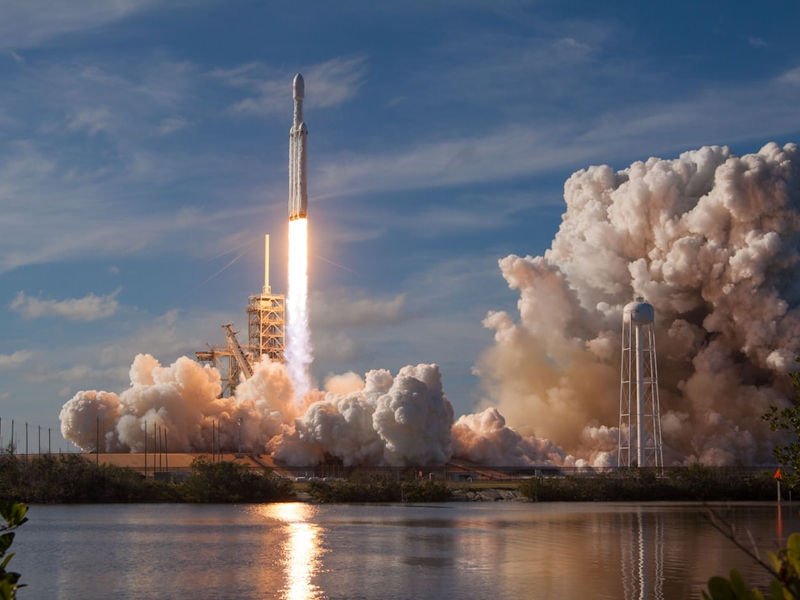Rocket Science Just Got a Major Upgrade: How Venus Aerospace is Changing the Game

Imagine traveling from San Francisco to Tokyo in under two hours. Thanks to Venus Aerospace, this sci-fi dream might soon become reality. The innovative propulsion company recently completed a groundbreaking flight test of a rotating detonation rocket engine at Spaceport America in New Mexico, potentially revolutionizing how we think about high-speed travel.
The small rocket, powered by a 2,000-pound-thrust engine, launched from a rail and flew for approximately 30 seconds without breaking the sound barrier. But don’t let the short flight time fool you - this test represents a massive leap forward in aerospace technology.
Unlike traditional rocket engines that burn propellant in a standard combustion chamber, this new engine design creates a wave of detonation that travels around a circular channel. The result? A shockwave that moves at supersonic speeds, promising significantly improved fuel efficiency across multiple applications.
Company CEO Sassie Duggleby characterized the test as “historic,” highlighting the potential for hypersonic travel that could transform global transportation. Governments worldwide have long been interested in this technology, recognizing its potential to dramatically reduce travel times and fuel consumption.
This breakthrough isn’t just about speed - it’s about reimagining what’s possible in aerospace engineering. By proving the concept works beyond laboratory experiments, Venus Aerospace is pushing the boundaries of what we thought was technologically feasible.
For tech enthusiasts and travelers alike, this development signals an exciting future where global distances shrink and international travel becomes exponentially faster and more efficient. The implications extend far beyond just transportation, potentially impacting military, scientific, and commercial sectors.
As Venus Aerospace continues to develop and refine this technology, we’re witnessing a pivotal moment in aerospace innovation that could fundamentally change how we move around our planet.
AUTHOR: mp
SOURCE: Ars Technica
























































